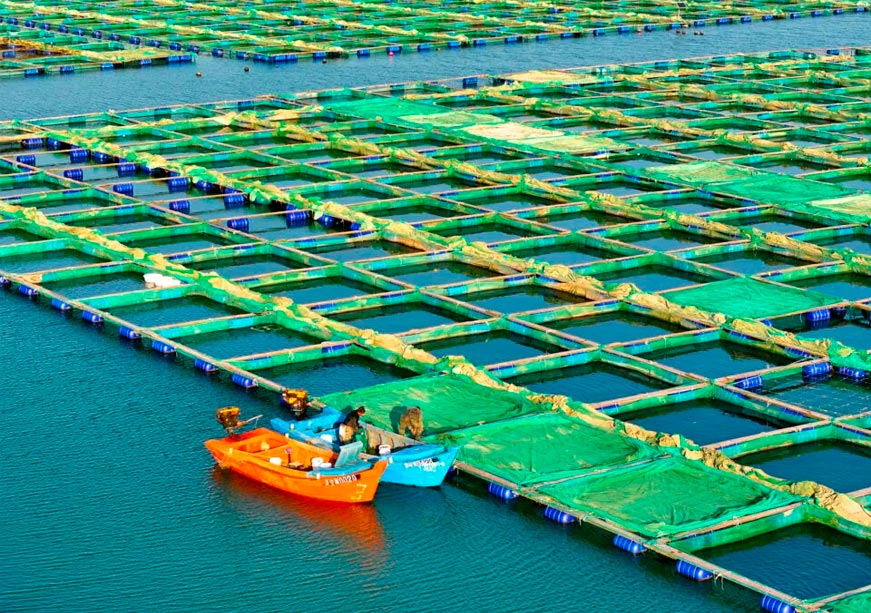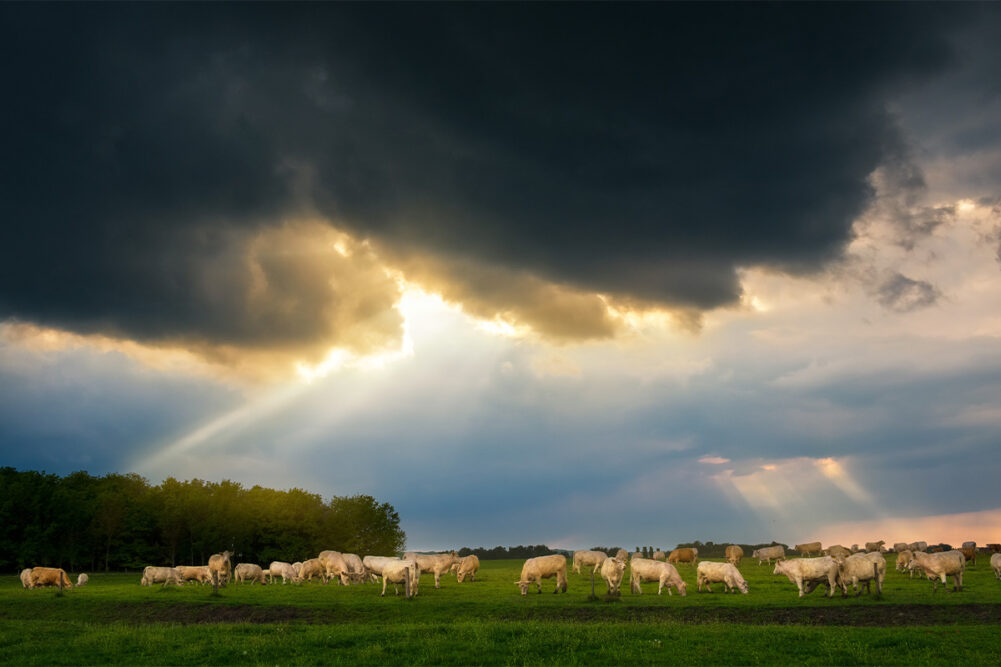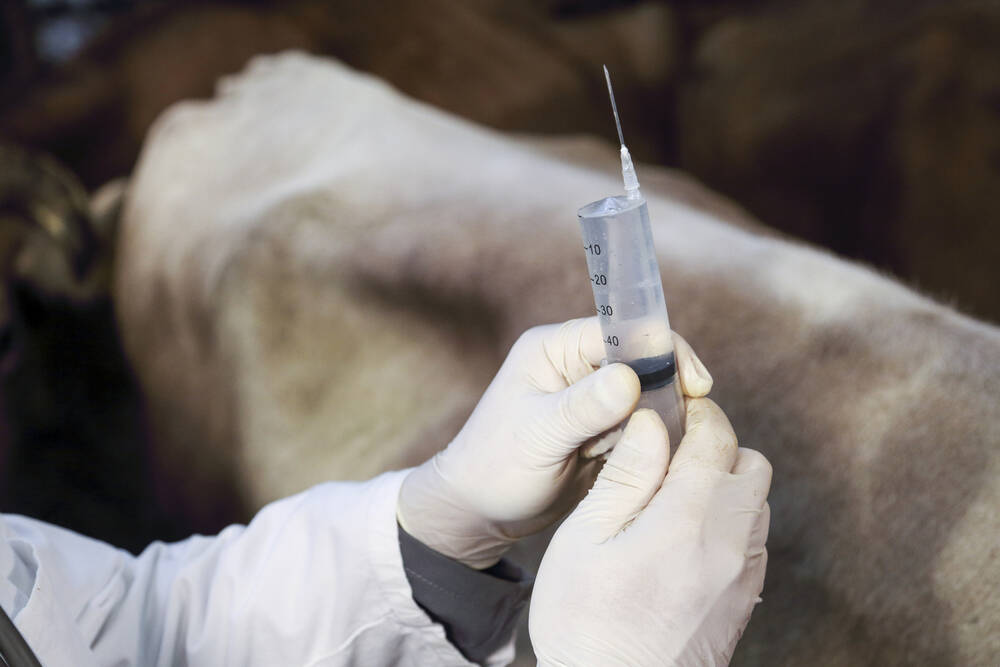The Colorado Honeydew season does not begin until mid or late July. The melons were planted two weeks ago, and transplanted last week; however hailstorms have threatened their growth. “We had three hailstorms last week,” explains Michael Hirakata, owner of Hirakata Farms. “We’re in recovery mode right now and waiting to see how much damage there is to the plants.”
Demand great in ColoradoHirakata Farms is a grower, packer, and shipper which sells a variety of melons domestically throughout Colorado. Although melons are still a niche market, the Denver market has grown rapidly with 95% of all Hirakata Farms’ melon sales occurring within the state. “Honeydew demand has increased each year,” states Hirakata, “Demand is up by 100% with all retail outfits asking for more melons.”
Acre expansion planned to compete with demandsTo compete with increased demands, Hirakata Farms is expanding their Honeydew acreage with hopes of providing more melons regionally throughout Colorado. “We only had a few acres when we started. Now we’re close to 80 acres which is a lot for Honeydew,” adds Hirakata.
Pre-cut melons planned for next seasonIn addition to acre expansion, Hirakata Farms also plans to invest in selling precut melons. “We’ll only have whole fruit this year,” states Hirakata, “However; we want to spend time researching the flavor of our melons this year so next year we know when they’re the sweetest and when to cut.”
Colorado has a freight advantageOn the market, Colorado melon growers compete with California and Arizona. Colorado’s Honeydew prices last year were above average, they also hold a freight advantage. “We can get 18% on Honeydew, while other states can only get 12%,” declares Hirakata, “Our Honeydews are allowed to ripen longer which gives them a sweeter flavor. Customers have one bite and it’s so flavorful that they buy from us again and again.”
Low labor a threatWhile competition and weather pose a threat, labor also threatens the Hirakata Farms’ Honeydews. “We have a very limited labor source,” explains Hirakata, “Most of our labor runs through the H2A program, and it continues to be a struggle to get laborers.”
Source - http://www.freshplaza.com













